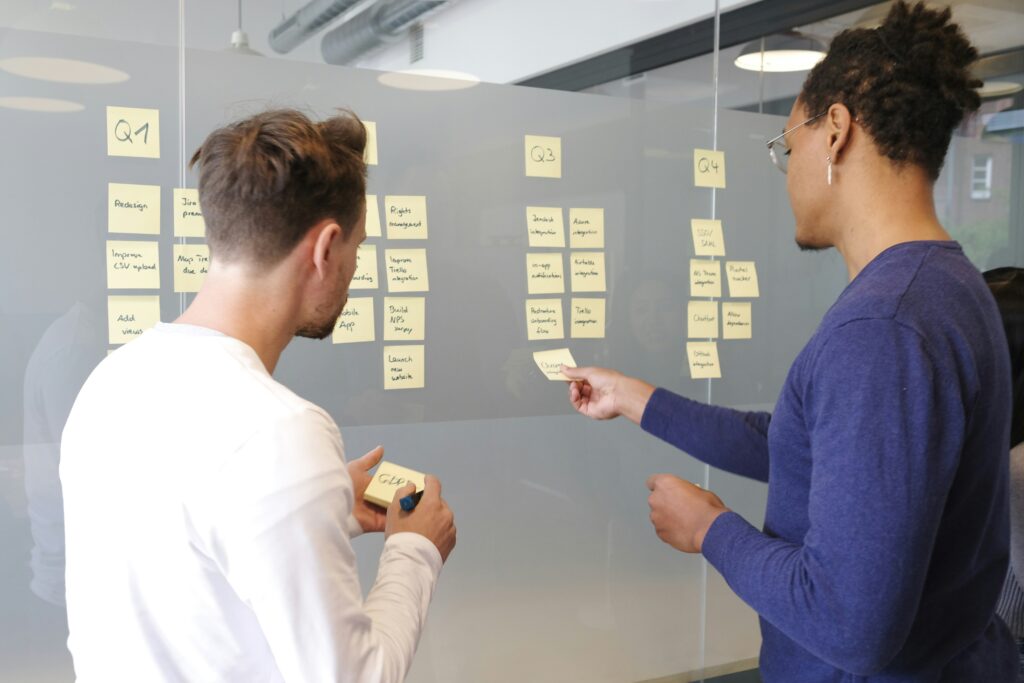CFP: Special Issue on Collaborative Interpretation

Collaboration on the interpretation and analysis of texts, images, artifacts, qualitative data, and other recorded information is fundamental to knowledge production in many disciplines. However, collaborators may have different goals, work routines, research paradigms and methodologies, background knowledge, and more. In this special issue, we invite authors to engage in exploration of how collaborative interpretation happens, develop new ways of doing so, and report how existing knowledge infrastructures can and should support it. In collaborative interpretation, each participant brings their own perspective, which shapes the collaborative effort in various ways.
This special issue provides an opportunity for researchers and practitioners in digital humanities, cultural heritage, and information science, including librarians, archivists, curators, and educators, to share experiences and ideas about collaborative interpretation to advance thinking and collaborative practice readers can incorporate into their research and practice.
Scholars have documented a range of challenges to successful collaboration, whether stemming from the mode of collaboration, differences in disciplinary perspectives and goals, or the need to establish common ground and find effective modes of communication.
In this special issue, we will consider how collaborative interpretation unfolds in different settings and within the research process.
Themes and questions of interest for the special issue could be, for example:
- How do we ensure that everyone has a voice and is able to take an active part in the research?
- What important challenges are there in collaborative interpretation?
- Who is performing interpretation?
- What is being interpreted?
- What are the goals of interpretation?
- How is interpretation being performed?
- What analytical lenses can be useful?
- Can different actors incorporate the fruits of collaboration into their own research to forward different goals?
- How can we together interact with and interpret artifacts, and how does their nature (material, symbolic, institutional) affect our interpretation? What can we learn about an artifact based on other resources?
In the special issue, we seek short texts aimed for general audiences, accompanied with illustrations/examples from your own or others’ work, points to consider, potential solutions, on-going research or ideas that should be explored.
Author instructions
All proposals should be submitted directly to the Information Matters platform following the author instructions. Authors are also encouraged to provide illustrations to accompany texts. When submitting your article, make sure to select ‘Special Issue’ as a category and ‘Collaborative Interpretation’ as a tag.
Pay special attention that in this special issue we are not seeking conventional scholarly papers but short texts (500 to 1000 words) accessible for the general audience. Work that is previously published elsewhere will be considered as long as it is rewritten in the format applicable for Information Matters. The texts will be published in parallel through SSRN in a citable format with a DOI, volume and issue and are indexed in a series of publication databases.
Timeline
May 15, 2024 Submission deadline
- +2 weeks Initial decisions
- +2 weeks Revisions due
- +2 weeks Final decisions
- +2 weeks Issue published
The two weeks intervals of initial decisions, revisions and final decisions is indicative.
Questions
For queries about the special issue, please contact one of the editors (email addresses below).
Editors
- Isto Huvila, Uppsala University, Sweden (isto.huvila@abm.uu.se)
- Maja Krtalić, Victoria University of Wellington, New Zealand (maja.krtalic@vuw.ac.nz)
- Annie T. Chen, University of Washington, United States (atchen@uw.edu)
- Alexandra Chassanoff, UNC Chapel Hill, United States (achass@unc.edu)
- James A. Hodges, San Jose State University, United States (james.hodges@sjsu.edu)




